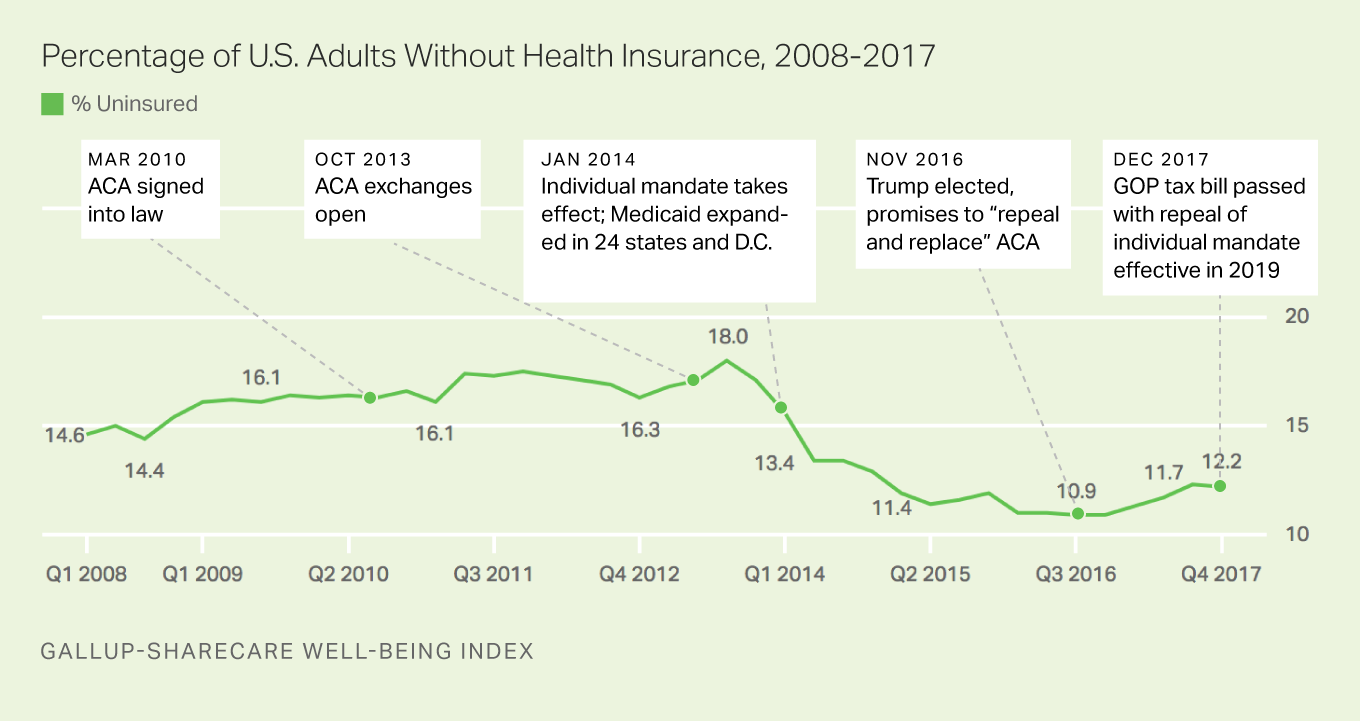Democrats in the Senate now say they have 50 votes to override the FCC's decision to end net neutrality regulations of the internet, all 49 Democratic senators now that Alabama Sen. Doug Jones has been seated, plus Maine Republican Sen. Susan Collins.
“With full caucus support,” said Senate Minority Leader Charles E. Schumer (D-N.Y.), one of the lawmakers spearheading the effort, “it’s clear that Democrats are committed to fighting to keep the Internet from becoming the Wild West where ISPs are free to offer premium service to only the wealthiest customers while average consumers are left with far inferior options.”
To pass the Senate, backers of the resolution must recruit one more Republican member to their ranks. The measure must survive the Republican-majority House and be signed by President Trump to take effect.
After an independent agency makes a decision — such as the FCC's net neutrality deregulation — federal lawmakers have a window of 60 legislative days to reverse the move under the Congressional Review Act. As of last Tuesday, 40 senators had signed on to the resolution to challenge the FCC under the act. Since then, 10 more have joined the effort.
Democrats have said they plan to make net neutrality a midterm campaign issue, forcing vulnerable GOP candidates to stand with their party and adopt a position that, according to some surveys, is at odds with that of the broader public.
It's possible that Trump would sign this if he can be talked into the populist aspects of it, but I just don't see how this gets through the House currently. Maybe that's the point though: if the Dems can show such a measure can pass the Senate, it would show voters how important it is that the GOP finally gets booted out of controlling the House.
Of course it'll be too late to reverse the FCC's decision by 2019 when the new Congress is sworn in, cold comfort I know. But it's something, and better than the Dems just giving up like they normally do in these situations.
On the other hand, it may be that the best thing the Dems do is try and fail, leading to something like Comcast or Charter then offering metered or tiered internet plans based on sites that people...and businesses...visit. You want to get millennials to register to vote and show up in November, have Verizon charge an extra $10 per month to access social media sites on your phone or Comcast charge an extra $20 to stream Netflix or Hulu.
That's where we're heading, of course,
and other countries that don't have net neutrality measures are already doing this, like Guatemala and Portugal.
In many countries without net neutrality, mobile plans are the worst culprit. Take what happens in Guatemala, for example. “Many people will have two SIM cards there because on one SIM card they can access WhatsApp for free, and on another SIM card you access Facebook for free,” says Renata Avila, a senior adviser at the Web Foundation. If you buy a small amount of data that gets used up quickly, WhatsApp will still be accessible after the cap is reached, but not the rest of the internet. If you do try to access other websites or apps, you’ll be prompted to pay more. Similar mobile internet plans exist in Balkan countries, Avila said, but there you might buy a SIM card that favors Viper, a popular messaging service in that region.
This practice is also common throughout the European Union. The EU has net neutrality laws, but they don’t outright prohibit mobile plans that allow users to only access certain apps without cutting into their data plans. Rep. Ro Khanna, a Democrat from California, described the situation in Portugal in a tweet that went viral in October. The tweet showed a page from Meo, a mobile and home internet provider in Portugal that offers various packages made up of websites and apps that don’t cut into your monthly data plan. So if you use social media a lot, you can buy a package that allows you to use Snapchat, Twitter, Facebook, Instagram, and a few other major social media companies without cutting into your data, a practice commonly called zero-rating. It’s a model that actually isn’t illegal in the U.S. even under the current network neutrality rules, which state that the FCC can consider on a case-by-case basis whether companies are using data caps in anti-competitive ways. In fact, AT&T already does this in the U.S. by providing its home broadband customers with unlimited free data when they also subscribe to the AT&T-owned DirecTV. AT&T mobile customers can also stream content from DirecTV for free. Similarly, certain T-Mobile plans allow users to stream as much Spotify or Apple Music as they’d like without cutting into their data allotment.
This may sound like a nice perk, but privileging access to certain apps in packages like this helps cement the dominance of incumbent powerful internet brands, since users can’t even access other apps once their small pool of data is used up, and it’s the telecomm that decides which apps make it into the bundle. “This incentivizes telecoms not to increase data caps on mobile internet,” says Estelle Masse, a senior policy analyst at Access Now, an international digital rights advocacy group. A more net neutrality friendly approach, Masse explains, would be to get rid of or lift the data caps altogether.
So yeah, zero-rating and tiered packages are coming, my guess is before the end of the year. The old days of metered dial-up AOL web access 25 years ago sound like a joke to kids these days, but we'll be going right back to that sooner than you think.




